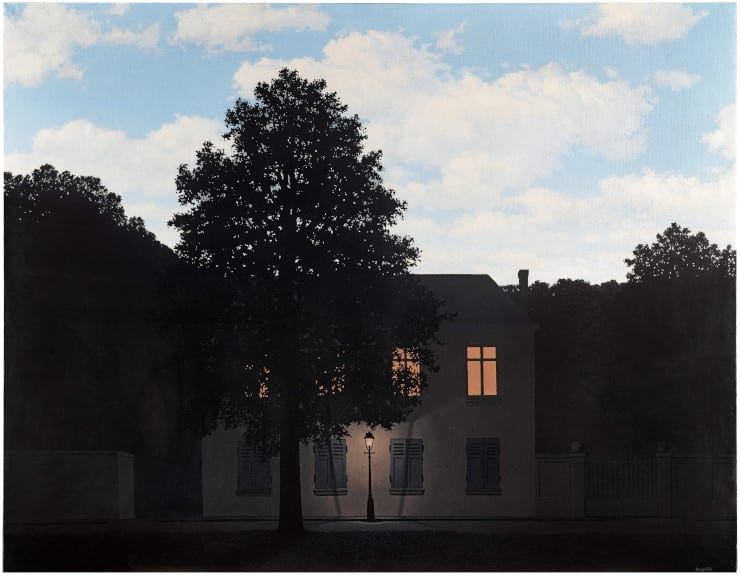Introducing 'Terra'
I have been teaching poetry for nearly two decades. Like my students, I often wonder, where is the poetry of today? What has happened to our pre-eminent art form?
At the risk of seeming ridiculous (a risk I necessarily face in all my writing), I attempt now to emulate the great poets of old.
In the most presumptuous fashion, I have picked up the same narrative thread Dante Alighieri did.
Homer wrote of the great saga of Troy, in Greek.
Centuries later, Virgil wrote in Latin of the Trojan survivors journeying to the future Rome.
In the 14th century, Dante then chose Virgil as his guide through the Inferno and up the Mountain of Purgatory, in his Italian poem, the Divine Comedy, a work that bridged the classical and European worlds.
At the beginning of Dante’s epic, Dante is lost in a dark forest until Vigil is sent by Beatrice (Dante’s great symbol of grace and beauty) to rescue him from the forest’s wild beasts and to take him on a journey in order to rescue his lost soul.
In some kind of artistic foolishness, I dare to imagine this thread continuing in our time, beginning in another earthly forest, with very different kinds of beasts.
What follows is the beginning of a long-form poem entitled Terra.
Terra I
Dante appeared to me in a dream.
Not from his forest, midway through life,
Not sent by Beatrice from celestial Paradise,
Nor from the time of his Florentine exile,
But rustled from the pages of his comedy,
Rendered, glisteningly, into dream of my dream.
This Dante spoke:
Italian Virgil, friend of Caesar, chronicler of Troy,
Guided me out of a dark forest after I had lost my way.
Through the inferno, up the mountain, I ascended
To the stars and saw the face of God.
I left some trace for you. Did you not see?
But I will take you by another way.
A path lies in shadows, faded day
Of my forest - your home - our earth - terra.
You should ask, who sent me?
I was silent.Terra II
Love was the ghost in my dream.
Torn out love, wandering, shapeless, decadent,
From deserted public square into ashen forest,
A plantation of nightmare.
Tree or ghost, corpse or fallen fruit,
Blurred. Distance and shape collapsing.
Ghosts do not haunt. They blear or dim.
Confuse and disturb — a mere flickering.
Memorial of great death, pursuit of forgetting.
Fire burnt out into dust, rained upon grey.
This fire - find the meaning of it with me - find it
In the blood. The tongue of it in the book,
The beam in the cathedral, the sun in the grape,
The subtle curve of the hip. Find it outside.
This forest of ours is no prelude,
This ghost, no leopard or wolf.
I looked for Dante but he was gone.Terra III
Here in the forest you enter midway through life,
A wrong path somewhere in the past,
Here in May, a rough garden of beasts
Not fearsome, but piteous, officious.
The age of the goddess slips past you. Past us.
The slender arm, the supple foot, gone,
Missing, unconscious gravity dispersed.
The sky above, the lightning-sky, bent.
Branches form a darkened face, blank leaves for eyes.
Strange image, worshipped because pitied,
Praised for its lack; praised for its demise,
Our own emptiness, our sick love, our ghost.
Shrunken distance, collapsed holy order,
A new sub-nature despised and thus loved.
Leaves fall to the ground, jaded frenzy of praise.
I turned and saw the poet walking away.
'I left some trace for you.'Later instalments:


I love poetry and always have, even before I began to read the Bible and came to realize how illiterate I had been my whole life. Now, as a Christian, I read the Bible because it is the water of life, but a wonderful side benefit is of course having the key to much of the great poetry of the world, suddenly being in on the discussions and dreams of thousands of years, what it’s all about. Love this. Can’t wait to hear more Terra, let us never be in thrall to piteous ghosts, dimming a once heroic world.
Beautiful...look forward to the continued journey.